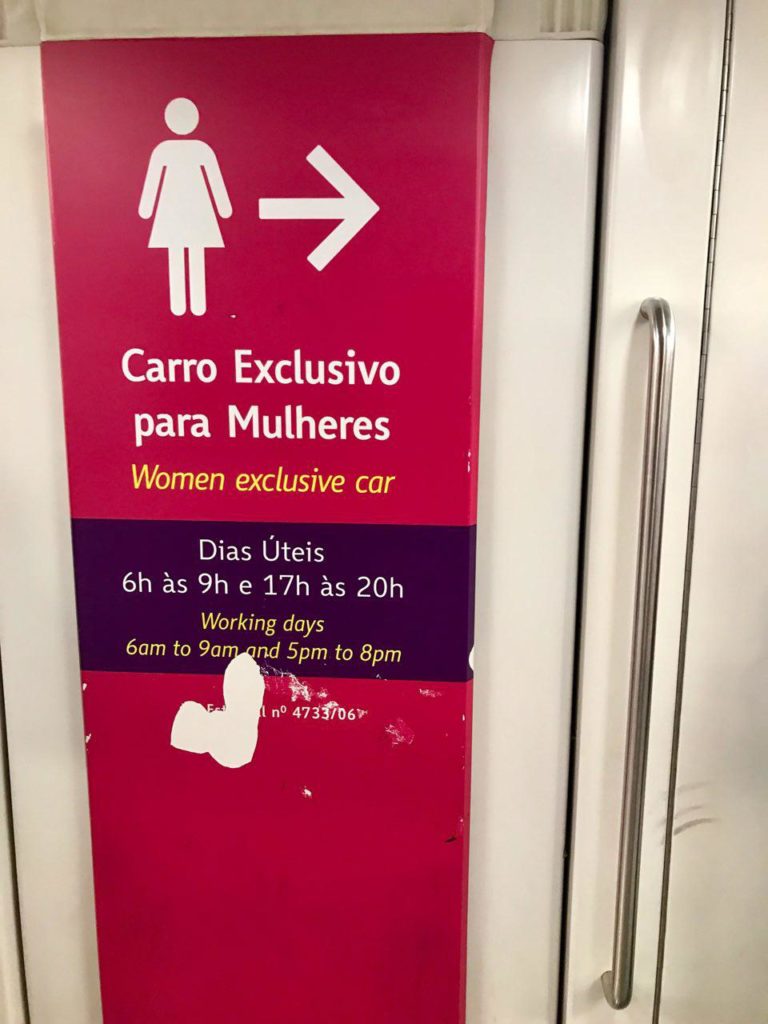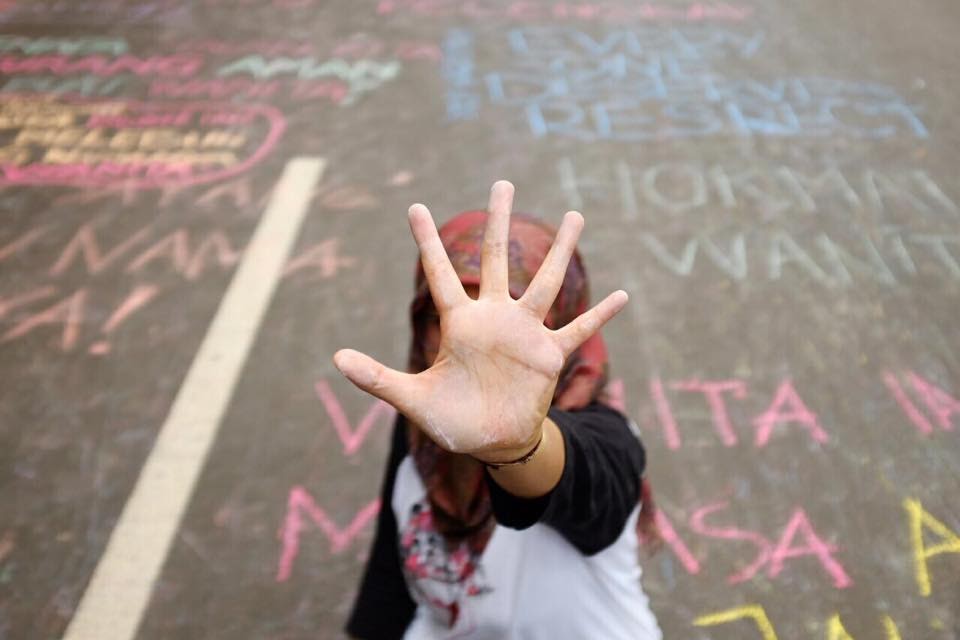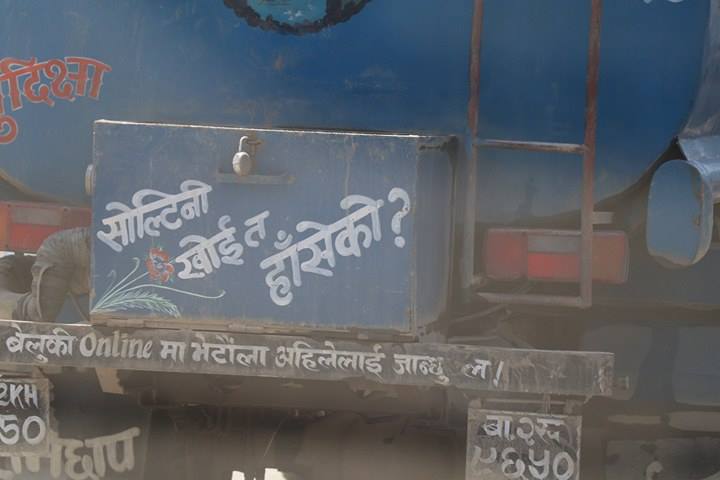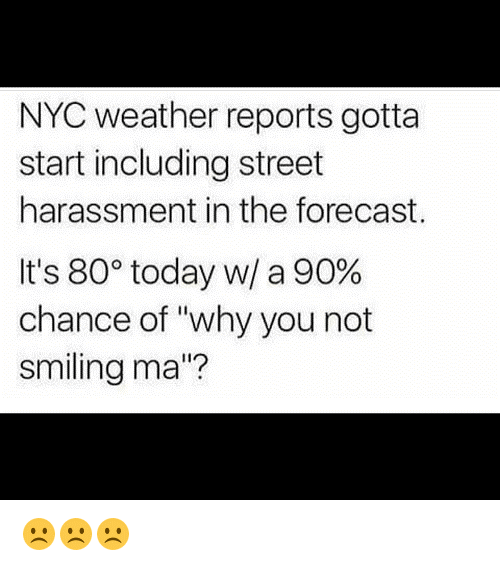Astrid Nikijuluw, Serpong, Banten, Indonesia SSH Blog Correspondent
(English version below)
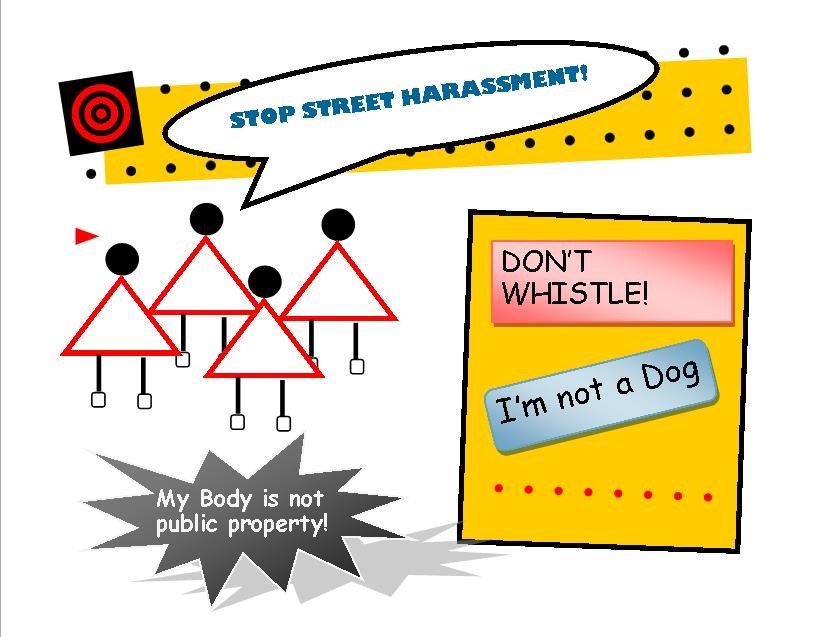 Bulan Juni di Indonesia (dan Negara-negara lainnya) umat Muslim merayakan bulan Suci Ramdhan. Pada bulan ini mereka berpuasa selama satu bulan penuh sampai datangnya hari kemenangan yaitu Idul Fitri. Bulan Ramadhan disebut sebagai bulan penuh berkah sehingga banyak digunakan untuk meningkatkan amal dan ibadah. Namun sayangnya beberapa prilaku buruk tetap tidak berubah.
Bulan Juni di Indonesia (dan Negara-negara lainnya) umat Muslim merayakan bulan Suci Ramdhan. Pada bulan ini mereka berpuasa selama satu bulan penuh sampai datangnya hari kemenangan yaitu Idul Fitri. Bulan Ramadhan disebut sebagai bulan penuh berkah sehingga banyak digunakan untuk meningkatkan amal dan ibadah. Namun sayangnya beberapa prilaku buruk tetap tidak berubah.
Minggu lalu ketika saya sedang berjalan menuju rumah dari salah satu mini market, ada sebuah kejadian yang sangat mengganggu. Kebetulan di depan saya berjalan dua anak remaja perempuan mengenakan jilbab/hijab. Ketika melewati kerumunan (sekitar 4-5 orang) laki-laki, tiba-tiba perlakuan yang meresahkan itu muncul lagi. Salah satu dari mereka bersiul nakal pada kedua remaja perempuan tersebut. Dan temannya menyapa dengan nada menggoda “Assalamualaikum mbak, lagi puasa ya? Nanti buka bareng yuk..” Sementara yang lainnya ikut tertawa-tawa. Saya sungguh kesal sekali melihat tingkah itu. Buat saya kelakuan mereka sangat melecehkan dan tidak menghargai para remaja wanita itu. Salah satu dari remaja itu menoleh dan dari bahasa tubuhnya hendak melabrak/memarahi para lelaki kurang ajar tersebut, namun temannya menarik tangannya untuk segera berjalan menjauhi para lelaki itu. Dan kembali mereka tertawa seraya salah satu berkata “Lagi puasa nggak boleh marah-marah lho mbak, nanti pahalanya berkurang.” Apa?! Bagaimana mereka bisa berbicara mengenai pahala di bulan puasa tetapi kelakuan mereka sendiri sama sekali tidak mencerminkan spirit dari berpuasa dan beribadah di bulan Ramadhan. Saya sendiri tidak sampai berjalan melewati mereka karena arah rumah saya berbelok di jalan pas sebelum mereka berkumpul. Walaupun di dalam hati kecil saya ingin juga lewat dan seandainya mereka melakukan hal yang sama, well you’re messing with the wrong girl! Namun saya ingat kalau saya sedang berjalan dengan keponakan laki-laki saya, sehingga saya lebih berpikir untuk memberikan contoh dari kejadian yang dia juga baru saksikan.
Sampai dirumah saya masih tidak habis pikir. Apa sebenarnya yang ada di benak para lelaki tersebut sehingga berbuat sampai sebegitu jauhnya. Bagaimana bila hal yang sama terjadi pada saudara perempuan mereka, pacar mereka atau bahkan ibu mereka. Apakah mereka akan bersikap santai saja? Saya jadi berpikir mungkin mereka kurang diajarkan untuk menghargai wanita sepenuhnya. Akhirnya saya pun mengalihkan rasa amarah dan kesal saya kepada keponakan saya dengan cara berdiskusi mengenai kejadian tersebut. Intinya saya menjelaskan bahwa prilaku seperti ini sangat tidak terpuji dan menimbulkan efek psikologis yang tidak baik terhadap korban. Dan yang paling penting adalah hal itu mencerminkan rendahnya penghargaan terhadap wanita. Mungkin mereka bisa berdalih “Ah itu kan hanya bercanda, tidak serius, nggak usah lebay deh.” Well, ini Serius! Kalau hal seperti ini saja dianggap remeh maka tidak heran kasus-kasus yang lebih complex mengenai sexual harassment akan semakin meningkat. Menurut data dari Komnas Perempuan, terjadi 259.150 kasus pelecehan seksual yang ditangani selama tahun 2016 dan tersebar di 34 propinsi di Indonesia. Itu yang dilaporkan, dan saya yakin masih banyak sekali yang belum dilaporkan.
Kembali ke soal tadi, saya juga mencoba menyoroti dari sisi si korban. Dari kedua orang tersebut terdapat dua reaksi yang berbeda. Yang satu stand-up dan melawan, sedangkan yang lainnya lebih memilih untuk mendiamkan. Yang akhirnya si pelawan mengikuti temannya karena sedang menjalankan ibadah puasa, sehingga harus menahan nafsu amarah. Buat saya to stand up against that behavior adalah sangat penting terlepas dari agama apapun dan ritual ibadah yang sedang dijalankan. Bukan berarti dengan melawan kita tidak menjalankan ibadah dengan baik, namun kita menunjukkan bahwa prilaku tersebut salah dan tidak bisa dibiarkan. Bukankah kalau kita membiarkan sama saja secara tidak langsung kita ‘mendukung’ prilaku tersebut berlangsung terus-menerus? Dalam hal ini saya juga tidak menganjurkan dengan cara kekasaran, namun setidaknya mereka mengerti kalau kita tidak suka diperlakukan seperti itu! Itu adalah kelakuan yang tidak menyenangkan bahkan cenderung menjijikan. Langkah yang diambil dari dua remaja tersebut menurut saya mencerminkan sikap sebagian besar korban street harassment. Ada yang sudah mau melawan namun ada juga yang masih bersifat ‘membiarkan’ dengan permakluman. Seperti tulisan saya bulan lalu, susahnya dari street harassment ini masih banyak yang kurang/tidak sadar. Sekali lagi, menjadi bagian prilaku ‘sehari-hari yang dimaklumi’. Padahal bisa kita liat akibatnya, bahkan di bulan suci Ramadhan, bulan baik dimana seharusnya dipergunakan untuk memperbanyak ibadah, prilaku ini pun masih terjadi dengan pelaku yang tidak merasa ‘bersalah’ dalam melakukannya. Sungguh merupakan kenyataan yang membuat frustasi.
Saya berharap semakin banyak orang yang sadar akan street harassment adalah tindakan yang tidak pantas dilakukan dan selanjutnya bersikap untuk melawan tindakan tersebut. Selain itu sebagai orang tua, kita juga perlu memberikan pengertian kepada anak-anak kita sejak dini baik anak perempuan agar tidak menjadi korban sia-sia maupun anak laki-laki agar kelak tidak menjadi pelaku dari street harassment tersebut.
Astrid received her Bachelors of Business at Queensland University of Technology Brisbane Australia. She finished her Master’s Degree at Gadjah Mada University Yogyakarta where she majored in Human Resource Development. Follow her on Twitter at @AstridNiki or on Facebook.
This June, in Indonesia (and other countries, too) the Moslem people are celebrating the Holy Ramadhan. During this period, they are fasting for 30 days until the celebration of Eid Al-Fitr. It is to be said that the Ramadhan month is full of mercy and blessings and therefore many Moslems are enhancing their worship and charity. Unfortunately, some bad behaviors still have not changed at all.
Last week, I was walking toward my home from a mini-market, when I saw a very disturbing incident. In front of me were two teenage girls, wearing hijab. When they walked through a crowd of men (about 4-5 men), one of them whistled at them, while the other said to them in an improper way, “Assalamualaikum, you both are fasting aren’t you? Let’s go break fasting together later.”
The others were laughing and continued to whistle. I was so pissed and angry seeing that scene in front of me. For me, their behavior was so disrespectful to the teenagers. One of the teenagers turned her head to those guys and from her body language, it seemed that she was going to say something to them. However, her friend, who was also the victim, pulled her hand and made her keep walking. And those guys ungratefully laughed again and one of them said, “You are not allowed to be pissed during fasting, otherwise you would lessen the reward of your fasting.”
WHAT?! How come they talked about rewards during the fasting month but their attitude was not reflecting the spirit of Ramadhan at all? I myself did not walk past them because I had to turn left to my street home, just around the corner of their position. Deep down inside my heart I was just wondering what if I walked passed them and they did the same thing to me? Well, they would be messing with the wrong girl, for sure. I was walking with my nephew though, so instead of getting angry, I decided to talk to him about the scene that he also witnessed.
As I arrived home, I still could not stop thinking about those guys. What were they thinking of behaving like that? How about if this kind of thing happened to their sister, or girlfriend, or mother? Would they sit back and relax? Therefore, I think maybe they were not taught enough about how to treat women respectfully.
Then I entered a discussion with my nephew about it. The point is, I explained to him, that this attitude was not commendable and can cause a psychological effect on the victim. And the most important thing is that it represents low-respect toward women.
Perhaps men quibble by saying something like, “Ah come on, it’s only a joke, nothing serious, don’t overreact.”
Well it is SERIOUS! If this kind of behavior were considered ‘nothing serious’ then no wonder the more complex cases of sexual harassment is increasing. Based on the data from KOMNAS PEREMPUAN (National Commission On Violence Against Women), in 2016 there were 259,150 cases of sexual harassment spread across 34 provinces in Indonesia. They were only reported cases and I am pretty sure that there were still many cases that had not been reported.
Back to the story, I was trying to highlight from the victim’s side. From the two of them, I saw two different reactions. One who stood up against it and the other who kept silent and let it go. The one who would stand up finally gave up and followed the silent one. I was sure that the main reason is because they were fasting and holding anger is one of the most important things. However for me, to stand up against that behavior is necessary no matter what religion or ritual that you currently are doing. It does not mean that by resisting it we do not perform our religion ritual well, instead we are showing them that their behavior is wrong and cannot be accepted. If we do nothing continuously, we indirectly ‘support’ this attitude. I do not suggest using violence or cruelty, but at least let them know that we do not like to be treated that way and that it’s inappropriate and disgusting behavior!
The way the teenagers reacted in this case reflected the reaction from most of the victims of street harassment. There are some who are ready to stand up against it and there are also some who are still silent and tend to ‘let go’ with the thought of it being ‘understandable behavior’ (last month my article highlighted that many people still do not aware of the street harassment behavior). T
Even during the Holy month of Ramadhan, the good month where we are supposed to enhance our prayer, worship and charity, this attitude still ensues and the perpetrators do not at all feel guilty of doing it. It’s a frustrating fact.
I hope many more people are aware that street harassment is inappropriate behavior and in further can stand up against it. And also as parents, we must teach our children from a young age, for daughter as though they will not be a vain victim and for sons so they will not be the perpetrators of the street harassment.


